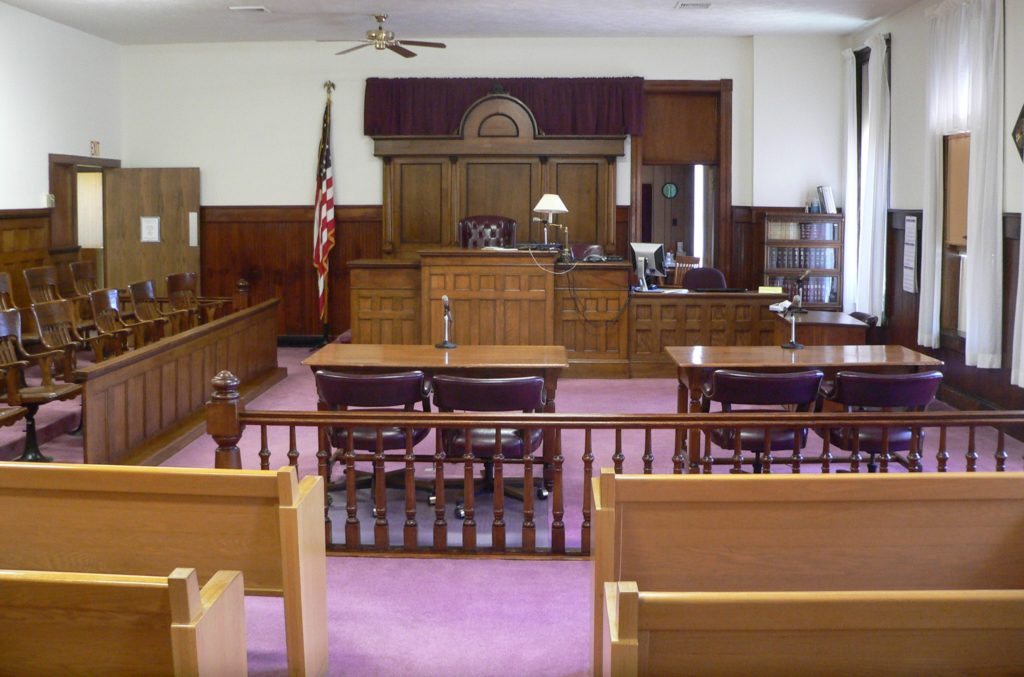A few weeks ago, I served on a jury. This was a first for me, not having been called to do so for my entire adult life. There were twenty-one of us interviewed by the prosecutor and defense attorney prior to the criminal trial, so I had no idea if I would be chosen, but when the final six were announced, I was one of them. I wonder if my status on the form I filled out earlier–professor of history–helped. Maybe they felt I would be fair, as someone who has to sift through the varied interpretations in history.
Another factor that might have led to my being chosen was my response to the question: Who really wants to be here? I made it clear I was glad to be involved so as to ensure justice would be done.
As I noted, it was a criminal trial, which lent itself to perhaps a greater level of seriousness, realizing that a verdict of guilty would be sending someone to prison. I recall, during the jury interview process, that the defense attorney wanted to know from me whether I considered that an acquittal could also be considered to be justice. I responded that both guilt or acquittal can be justice depending on the evidence.

Although we weren’t allowed to know anything about the defendant’s background in detail, we were told that he had been a convicted felon once before and had served his time for that. Naturally, that might sway a juror toward a guilty verdict, but I can honestly say I waited for the evidence. My Christian conviction (notice the different context of that word here) tells me two things: first, man is sinful, and anyone already found guilty of a crime might easily commit another one; second, having been found guilty once, he might have learned from that experience–everyone deserves a second chance. Therefore, I was as neutral as possible; again, the evidence would be the key.
After all the testimonies and closing arguments, we six jurors retired to discuss what we had heard. Lots of side issues had come up during the trial, things that could affect our thinking on guilt or innocence. Yet we had one responsibility only–to determine if a very specific law had been broken. If so, we had to return a verdict of guilty.
It actually didn’t take us long. The prosecutor’s case was strong; the defense had to fall back on a type of conspiracy theory to argue for his client’s innocence. He did the best he could with what little he had to work with, but we all agreed that guilty was the only proper conclusion. There was no reasonable doubt that could sway us otherwise.
For me, this opportunity to participate in the judicial system was enlightening. The process interested me throughout. I was impressed by the professionalism of the judge and the atmosphere of the courtroom helped impress upon all of the jury the importance of what we were doing.
Further, I saw this in the light of Scripture. God is the ultimate judge, and all of His judgments can be trusted. I wanted to be sure that I approached this case, and the fate of the defendant, as righteously as I could.

I would gladly participate again, not only from civic duty, but as a calling from the Lord to aid in dispensing true justice.
